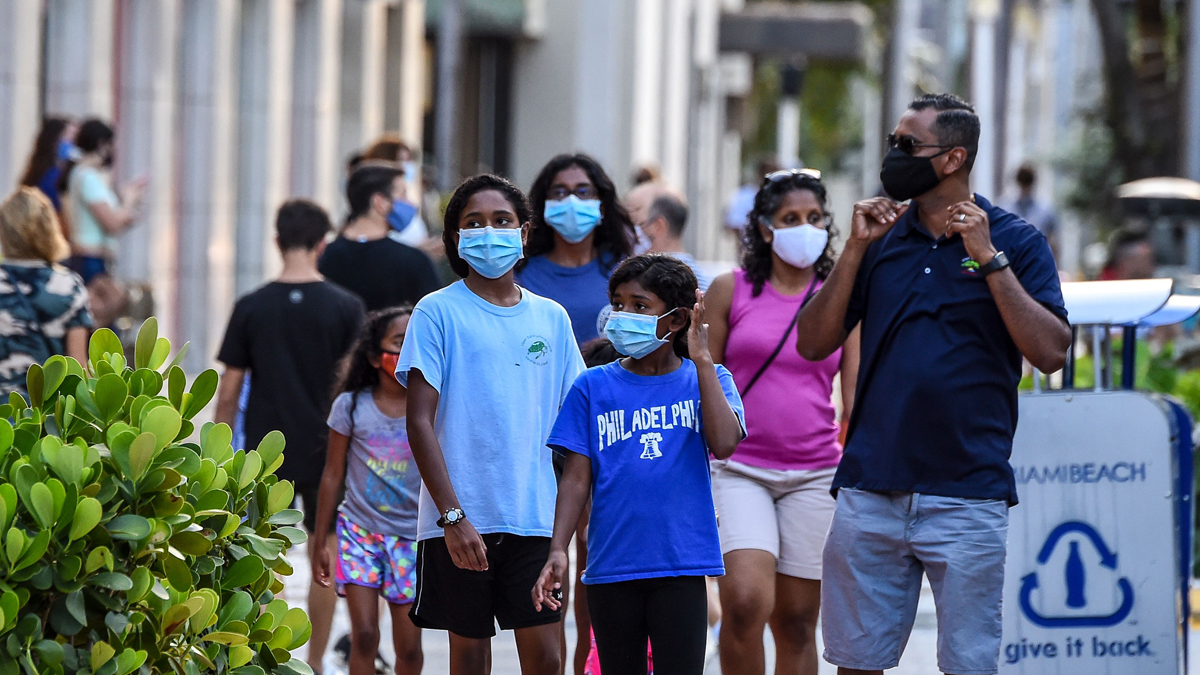Can you get COVID-19 through sex? Could it affect fertility? That is what doctors at the University of Miami are trying to answer, and so far, they have some clues.
It’s nothing new that the coronavirus is spreading quickly. What started in China ended up in our own neighborhoods. You wear masks, wash hands, keep your social distance, but could something you do in your own bedroom spread it?
Dr. Ranjith Ramasamy, director of reproductive urology with the University of Miami Health System, is heading up a study to find out what the virus means, essentially, for your love life. So, they’re recruiting men who have had coronavirus and recovered.
“The study can help us understand whether asymptomatic male carriers will be able to transmit COVID-19 via sexual transmission,” Ramasamy said. “About 30 to 40% of men who are COVID-positive will not have active symptoms, and if they don’t have active respiratory symptoms, sexual transmission is certainly possible."
UHealth needs 200 men, but so far, with more than two dozen participants, they are getting some answers.
The COVID-19 virus can bind to just about every organ in the body, Ramasamy said, meaning, while it could cause a fever or fatigue for some, it could also disrupt fertility.
“COVID-19 appears to affect the sperm concentration as well as the ability of sperm to move, and therefore, it can have implications on whether a man can conceive naturally or not,” he said.
While the doctors aren’t studying women, they say other studies show it doesn’t affect a woman’s reproductive organs, it just appears to be men.
“There are very few studies that have investigated this in the United States that have started investigating this question and we are very fortunate here at the University of Miami to have the resources to study this important question, as well as, unfortunately, the number of cases that we discover here in South Florida on a daily basis,” Ramasamy said.
Men who have tested positive for the virus and are interested in participating can email Ramasamy at Ramasamy@miami.edu or call 305-243-6630 for more information.



